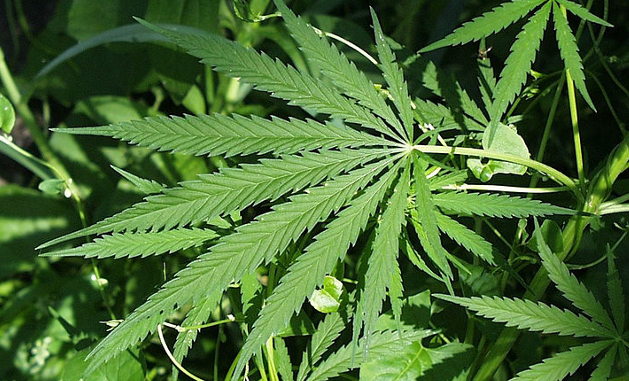New York Gov. Andrew Cuomo (D) signed a bill on March 31 legalizing recreational marijuana and allowing resentencing for those convicted of certain marijuana-related charges.
Both chambers of the legislature passed the bill (Assembly Bill 1248/Senate Bill 854) on March 30.
New York became the 15th state to legalize recreational marijuana. In addition, South Dakota voters approved a marijuana legalization initiative in November 2020, but it was overturned by a circuit court ruling, which was appealed to the South Dakota Supreme Court. Fifteen additional states have decriminalized recreational marijuana.
New York was the third state, after Vermont and Illinois, to legalize recreational marijuana through legislative action instead of a voter-approved ballot measure. The first nine states to legalize recreational marijuana did so through citizen-initiated ballot initiatives.
Responding to legalization in New York, Steve Hawkins, executive director at the Marijuana Policy Project, said, "We expect 2021 to be a record-breaking year for legislatures legalizing cannabis."
Marijuana laws in the United States
Details of New York’s bill:
The bill allows the possession of up to three ounces of marijuana and allows each person to grow up to three mature marijuana plants with a cap of six mature plants per household. The legalization of possession and home-grow goes into effect immediately.
The bill establishes the Office of Cannabis Management to license and regulate recreational marijuana retail and distribution. The new office will also take over the regulation of medical marijuana sales. The office will be run by a board consisting of three members appointed by the governor, one member appointed by the Assembly, and one appointed by the Senate. The bill does not establish a specific date by which legal recreational marijuana sales would begin, but state officials estimated it would be between 18 months and two years. The bill also establishes an advisory board for the office.
The bill will create expungement and resentencing processes for anyone convicted on a charge that is no longer a crime under the new law. It would also allow for the expungement of certain convictions that occurred prior to the state's 2019 decriminalization law but for which sentences were reduced or removed by decriminalization.
The bill provides for a 13% excise tax on retail marijuana sales. It also enacts a tax ranging from $0.03 to $0.08 per milligram of THC for wholesale to dispensaries. Gov. Cuomo’s office estimated revenue of $350 million annually. Revenue above what is required for administration and enforcement would be allocated to the Community Grants Reinvestment Fund, general education through the State Lottery Fund, the Drug Treatment and Public Education Fund, and local municipal and county governments.
The bill allows for cities, towns, and villages to pass local laws prohibiting certain retail establishments and regulating certain aspects of the operation of retail establishments. The bill also contains a process for local voters to overturn local legislation banning recreational marijuana retail.
Comparing New York’s bill with legalization measures in other states
Among the 13 marijuana legalization ballot measures that have passed in other states, all but one explicitly allowed a certain amount of local government control over marijuana regulation. Excise taxes on marijuana sales ranged from an initial rate of 3.75% (subject to increase) in Massachusetts to 25% in Washington. The average tax rate was about 13%. The New Jersey ballot measure applied the state’s sales tax to marijuana but prohibited an additional excise tax.
Seventeen states and D.C. have enacted laws expunging past marijuana convictions, sealing marijuana crime records, or establishing set-aside policies that apply to marijuana-related convictions.
For a comparison of details on possession limits, tax rates, home grow regulations, local control, and revenue allocation among all recreational marijuana ballot measures approved so far, click here.

As of March 2021, 15 states and Washington, D.C., had legalized marijuana for recreational purposes. Eleven states and D.C. did so through citizen initiatives, one through a legislatively referred constitutional amendment, and three, including New York, through bills approved by state legislatures and signed by governors. An additional 15 states had decriminalized recreational marijuana usage. Based on 2019 population estimates, roughly 40% percent of Americans lived in a jurisdiction with legalized recreational marijuana as of March 2021.
In 2012, Colorado and Washington became the first states to legalize recreational marijuana when voters approved legalization initiatives.
In January 2018, Vermont was the first state to legalize recreational marijuana without voters approving a citizen initiative. Illinois was the second state to legalize recreational marijuana without a voter-approved citizen initiative.
In 2020, New Jersey was the first state to legalize recreational marijuana through voter approval of a legislatively referred measure, rather than a citizen-initiated one.



